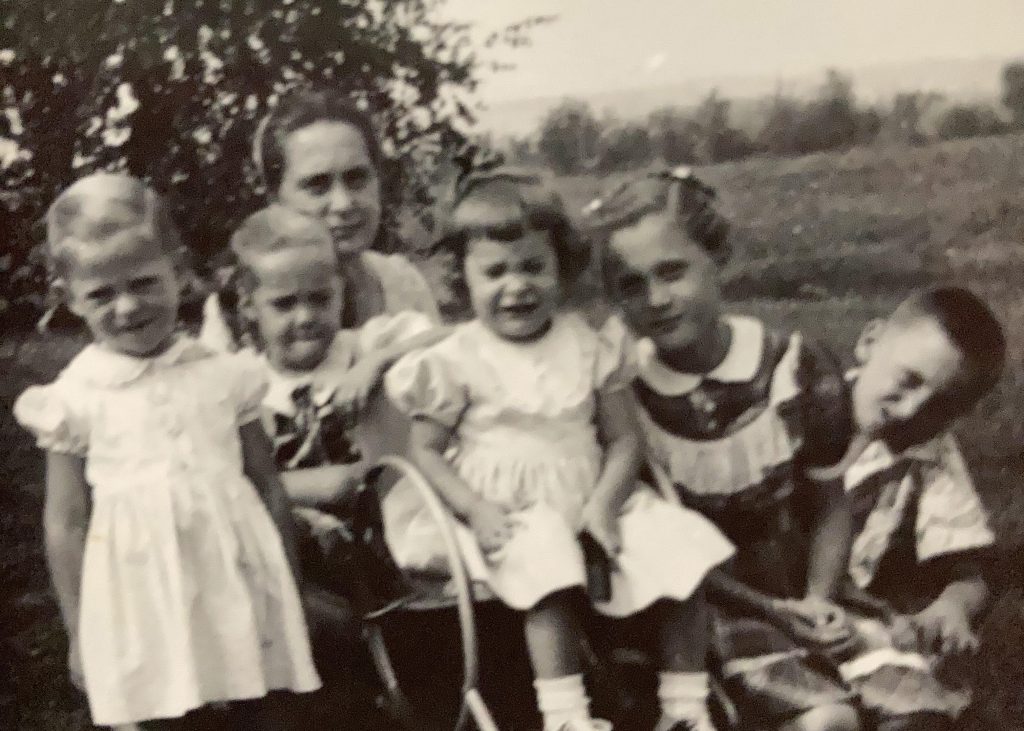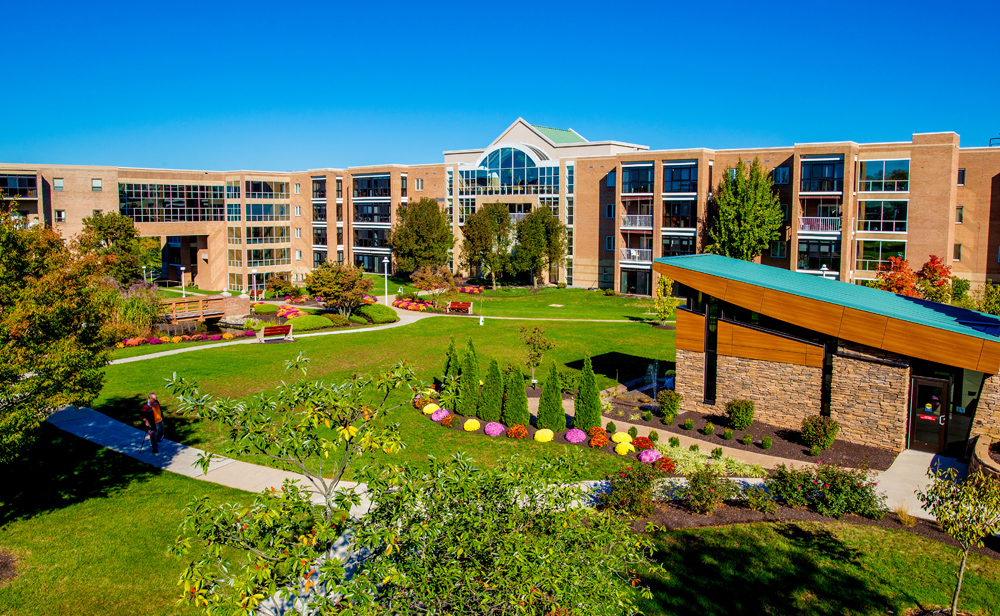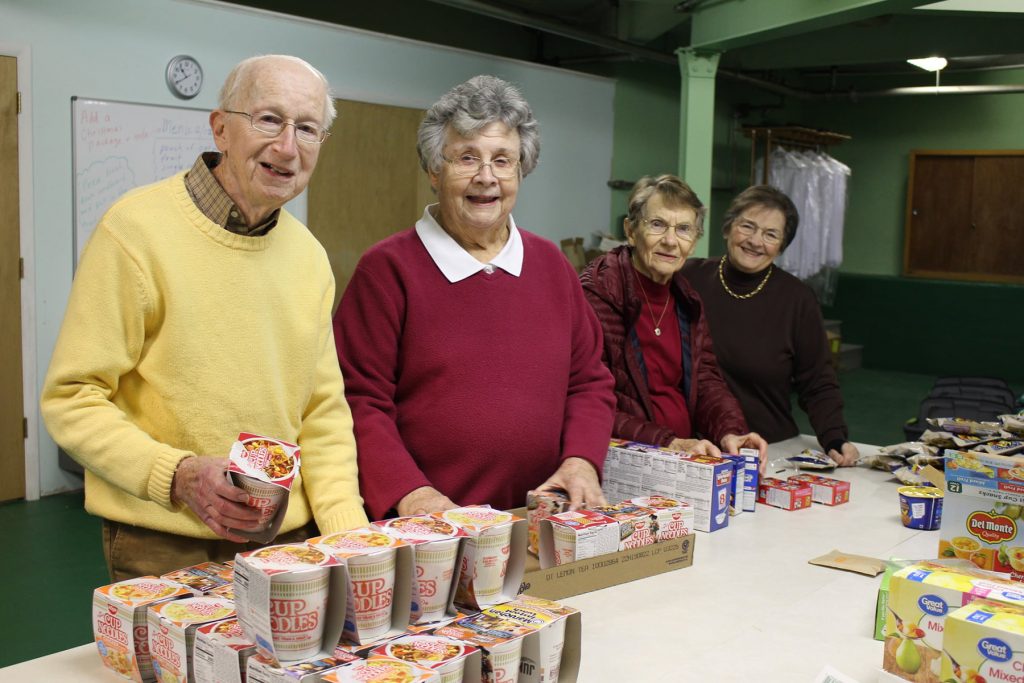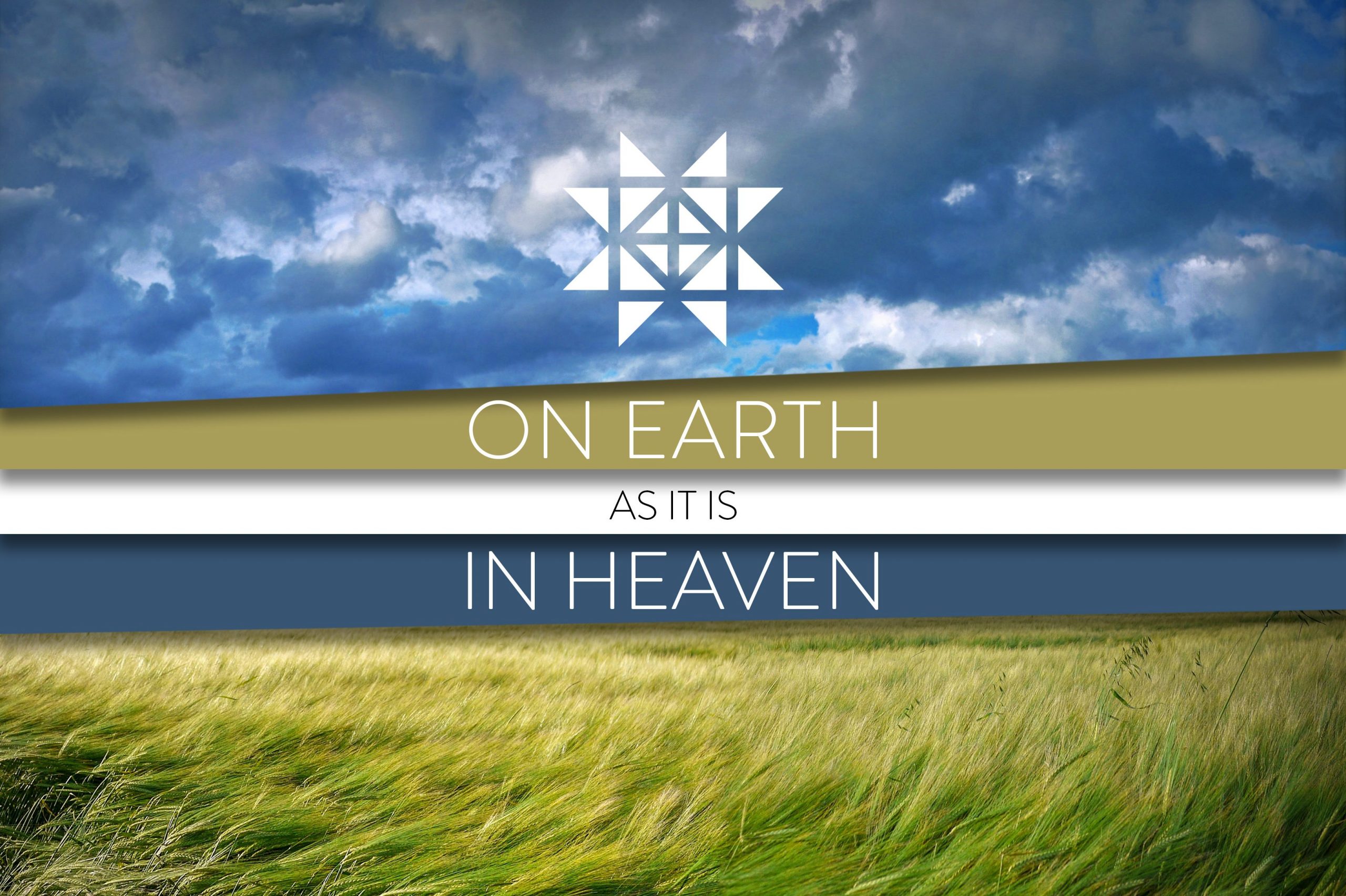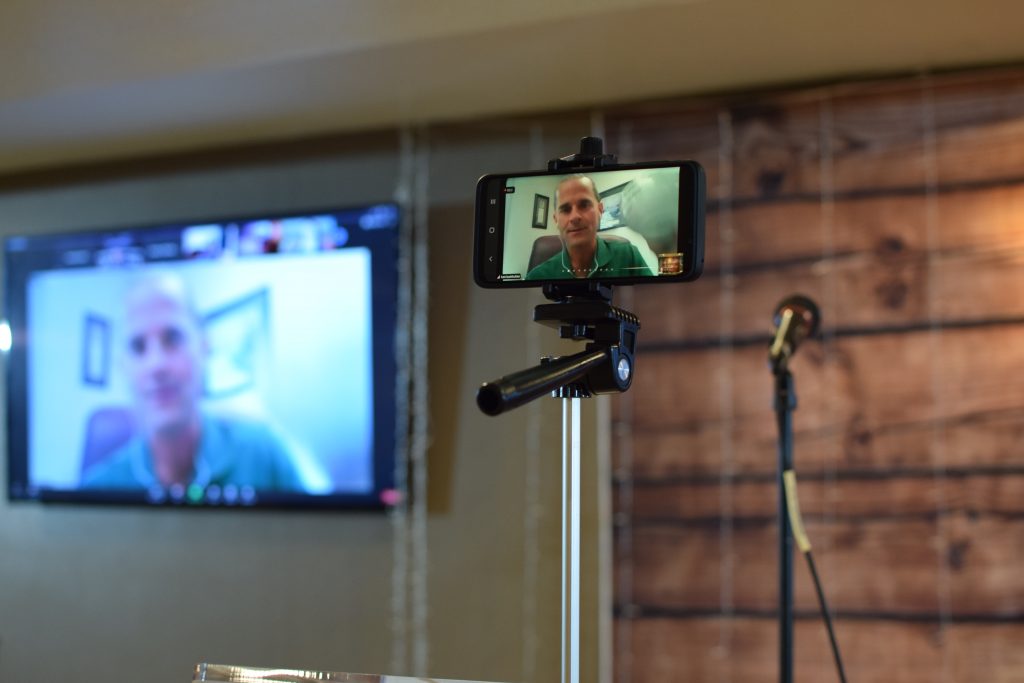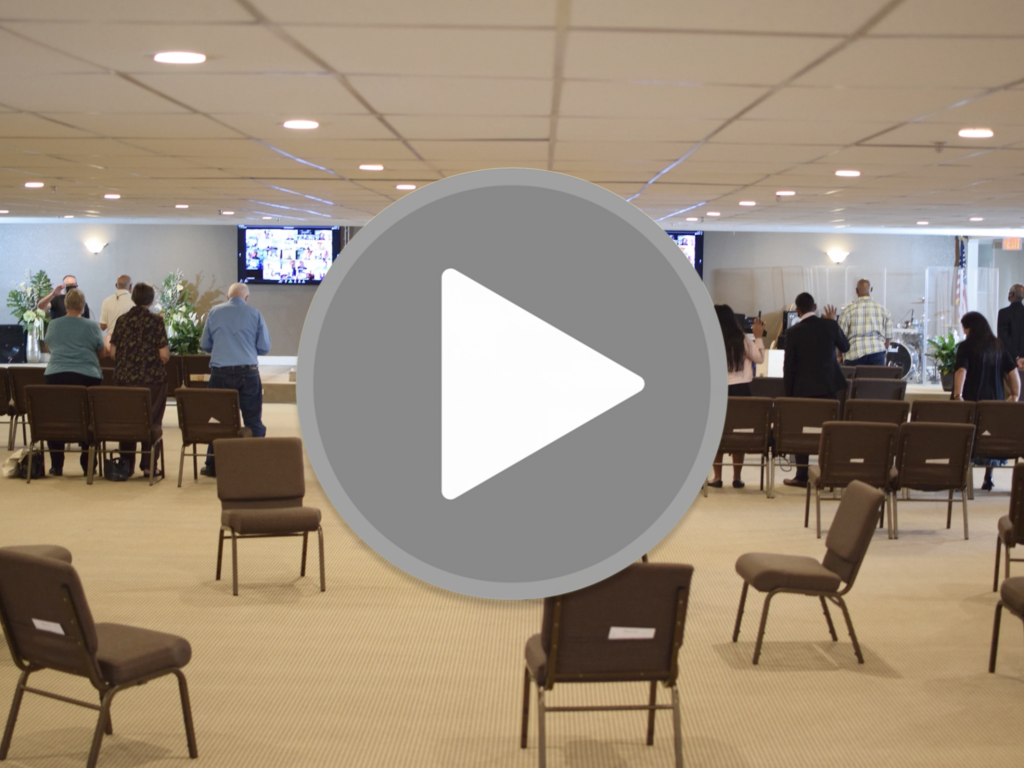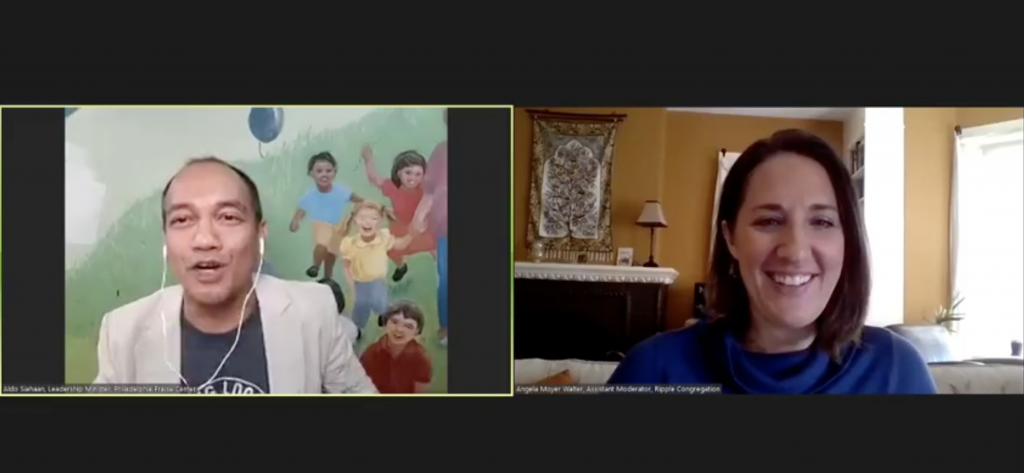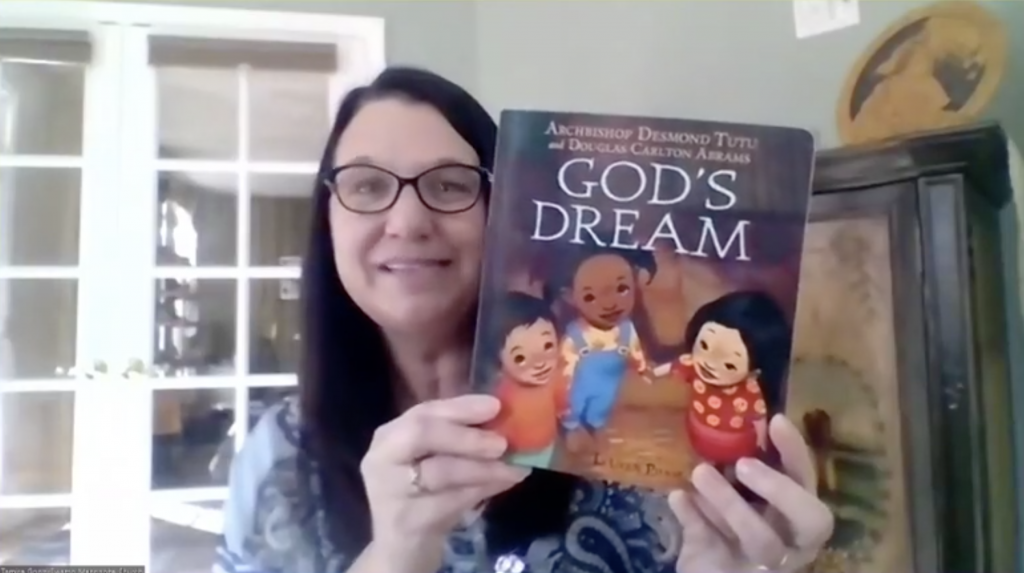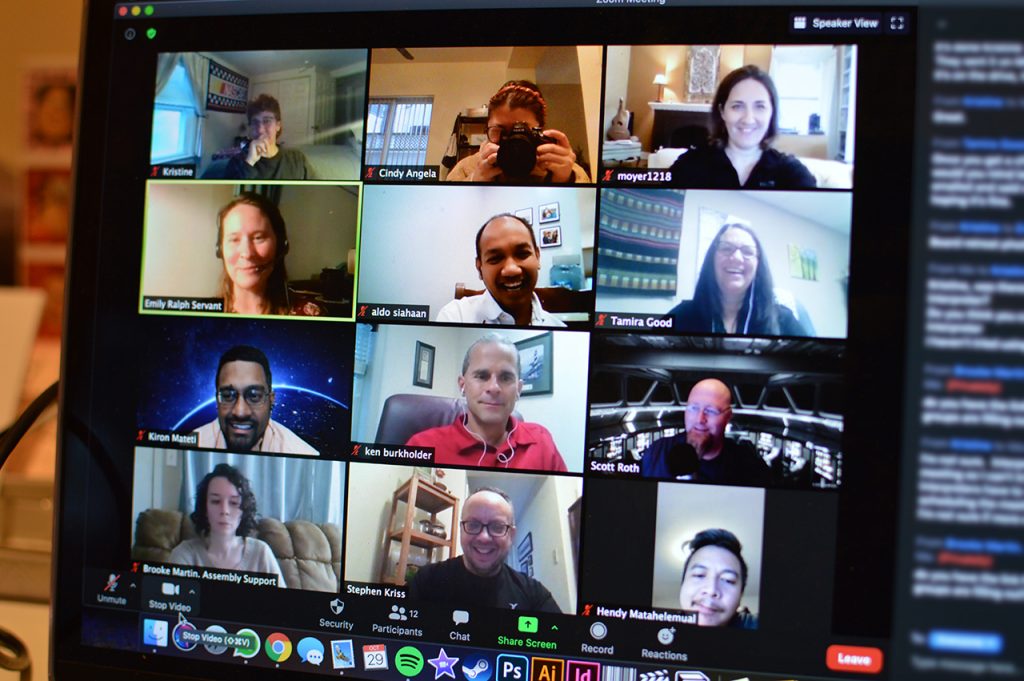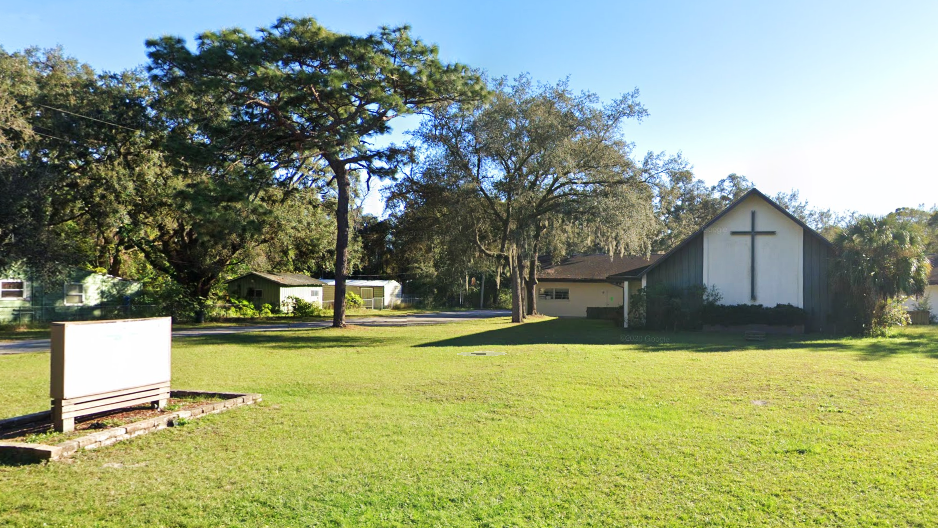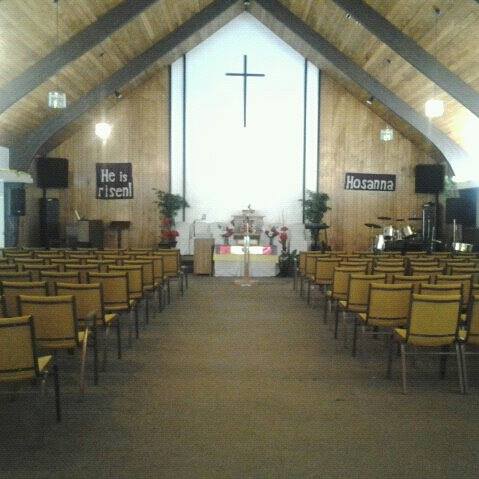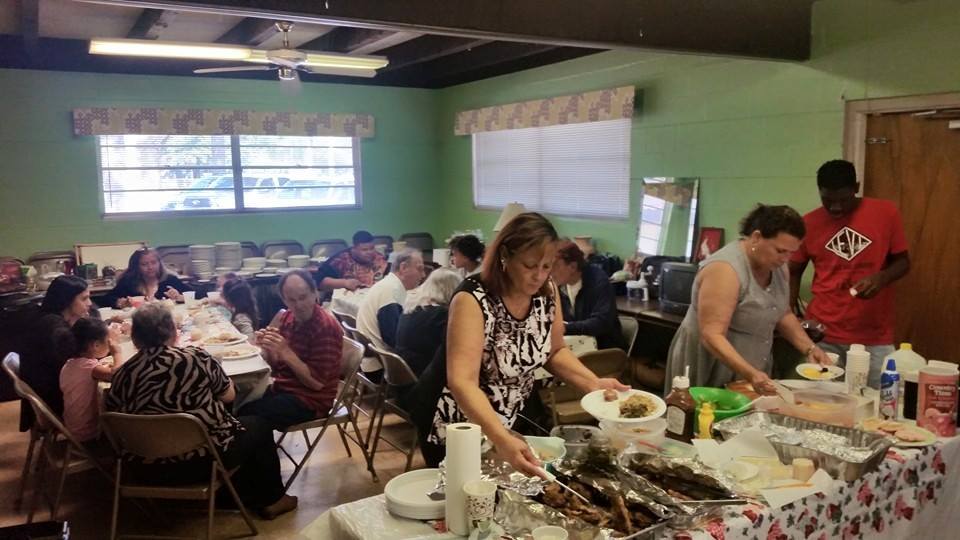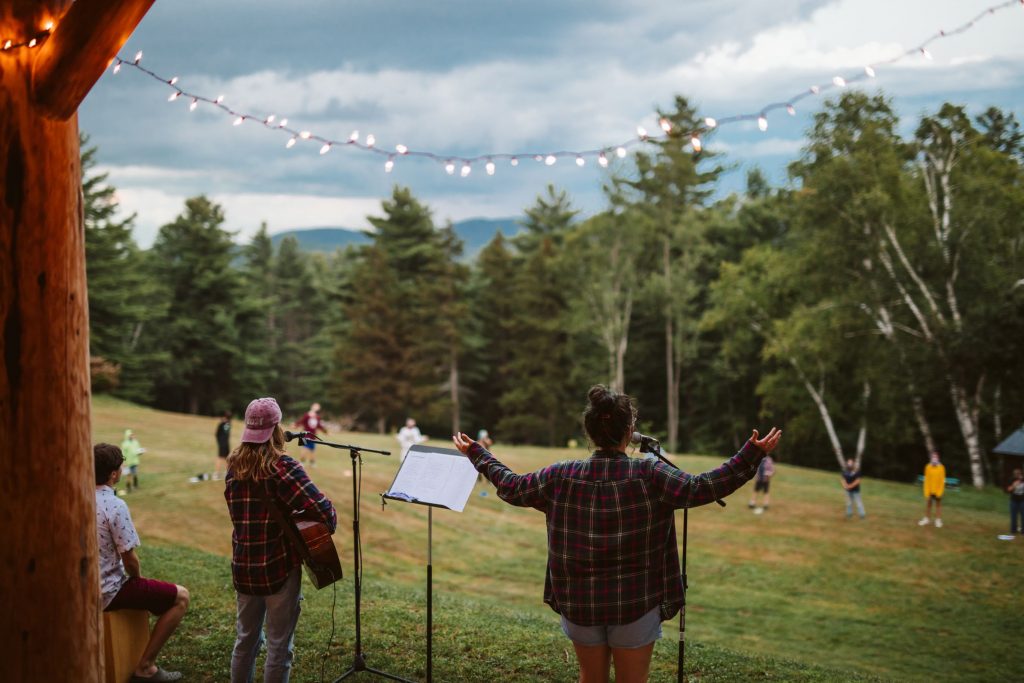On July 31, 2020, senior psychiatrist Vernon Kratz, MD, 84, retired after 47 years of service at Penn Foundation, a Conference Related Ministry (CRM) of Mosaic Conference. Dr. Kratz is the only person in the organization’s 65-year history to hold the roles of Medical Director, CEO, and Board Member. He is a member of Ambler (PA) Mennonite Church.
Dr. Kratz is a man of strong faith, incredible integrity, great kindness, and immense optimism. One of his most special gifts is his ability to relate to others. Penn Foundation will always be in awe of the amazing man, doctor, and friend he is. He modeled for all of us how to serve with acceptance, compassion, integrity, and respect.

